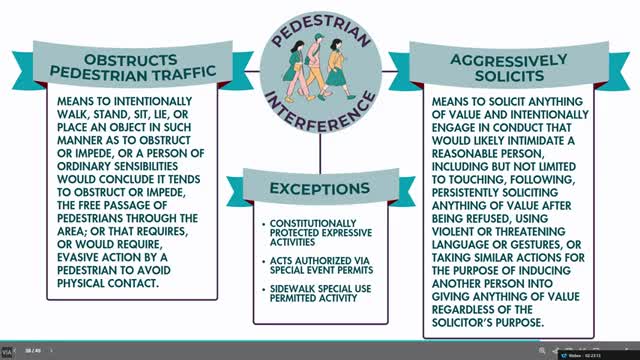Article not found
This article is no longer available. But don't worry—we've gathered other articles that discuss the same topic.
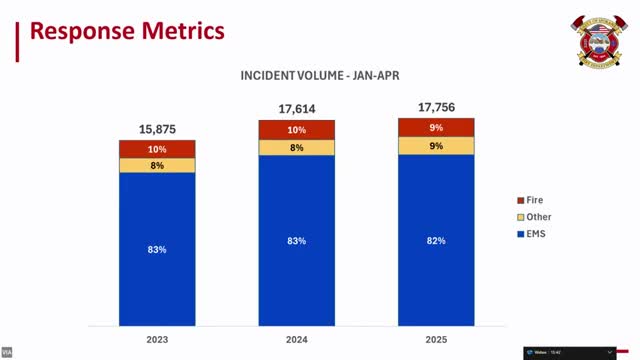
Spokane fire leaders cite overtime, recruiting gaps and press for capital purchases and code changes
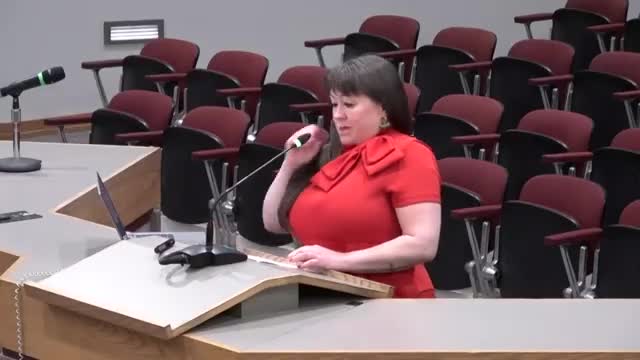
Spokane staff summarize roundtables, propose four homelessness ordinances; downtown stakeholders and residents push back
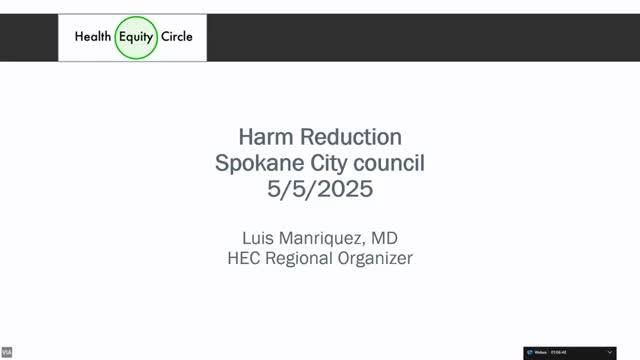
Public health expert tells Spokane committee harm reduction reduces overdose and infectious disease; debate surfaces over safe‑smoking supplies
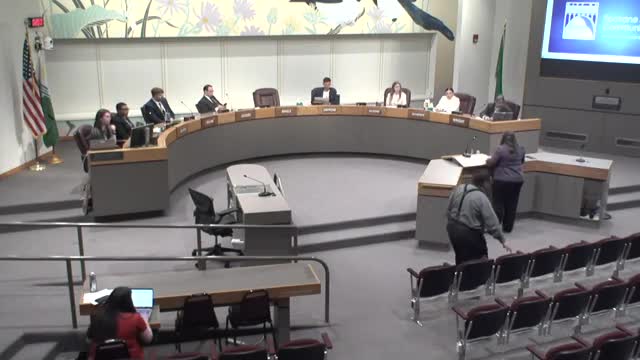
Spokane Municipal Court outlines community court model, case management expansion and drug‑court planning
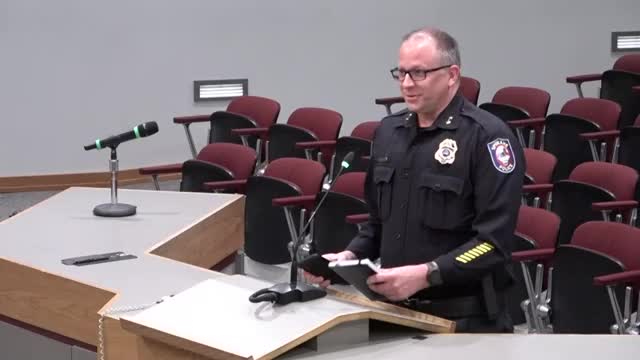
Spokane police report improved long‑term crime trends but flag staffing gaps; seek armored vehicle and NIBIN machine purchases
